When you think of Wu-Tang Clan, what comes to mind? Is it the gritty beats, the martial arts mystique, or the enigmatic pseudonyms? They’ve created a legacy that’s hard to match. Now, let’s take a stroll behind the curtain and get to know the real guys behind the legendary Wu-Tang Clan.
 Let’s start with Robert Fitzgerald Diggs, known to fans as RZA. This guy is the mastermind. His knack for production and visionary leadership is what steered Wu-Tang’s ship through the stormy seas of the music industry.
Let’s start with Robert Fitzgerald Diggs, known to fans as RZA. This guy is the mastermind. His knack for production and visionary leadership is what steered Wu-Tang’s ship through the stormy seas of the music industry.
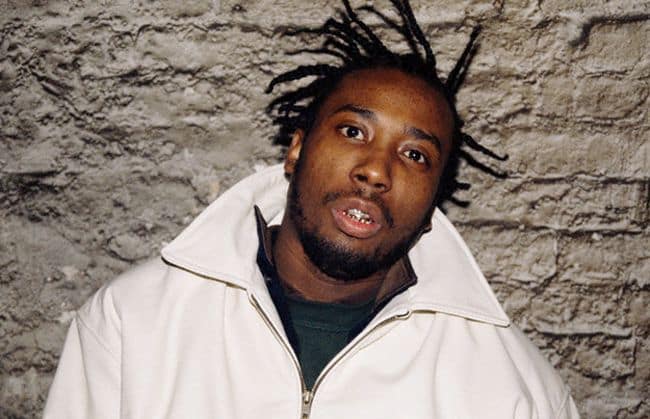 Then there’s Russell Tyrone Jones or Ol’ Dirty Bastard. The name says it all. He was the wild card, the eccentric genius whose verses were an unapologetic ride through a mind that knew no boundaries.
Then there’s Russell Tyrone Jones or Ol’ Dirty Bastard. The name says it all. He was the wild card, the eccentric genius whose verses were an unapologetic ride through a mind that knew no boundaries.
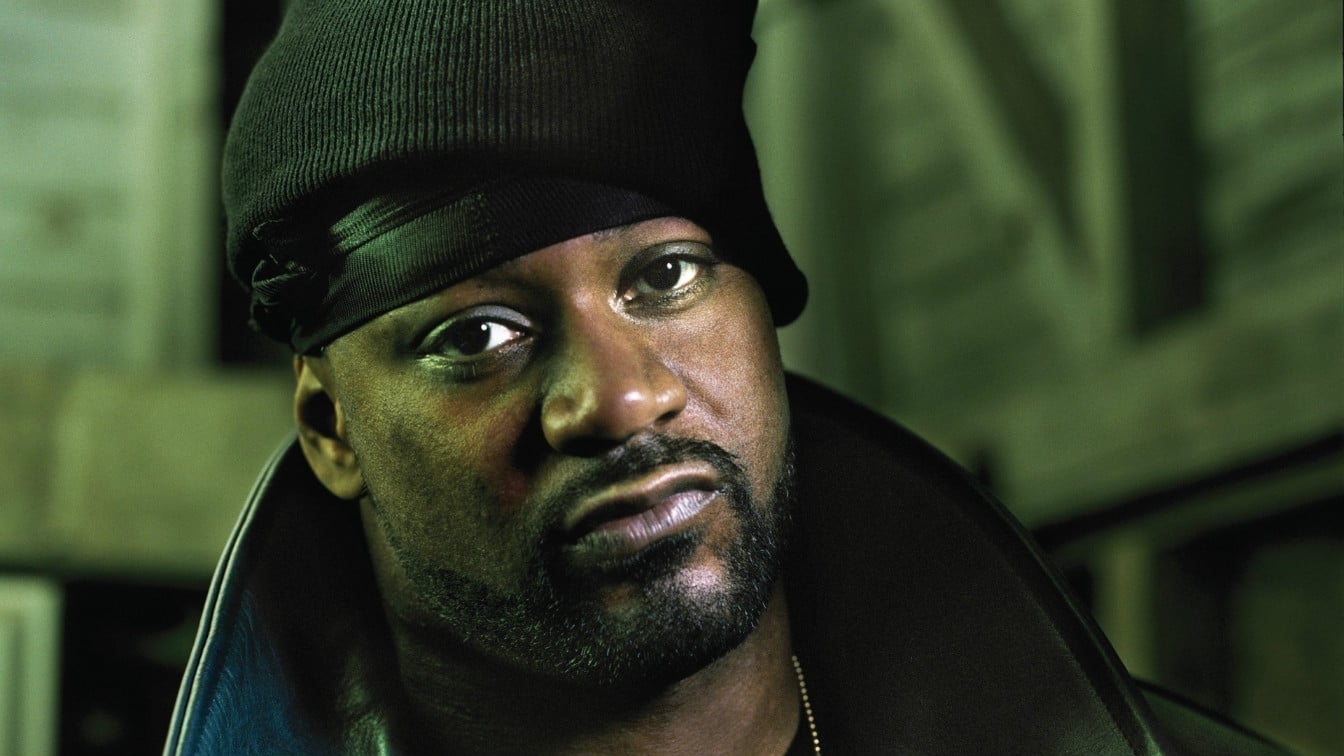 Meet Dennis Coles, better known as Ghostface Killah. This guy weaves stories with his lyrics. He’s got a way of making you see the world through his eyes, making his narrative relatable and enigmatic.
Meet Dennis Coles, better known as Ghostface Killah. This guy weaves stories with his lyrics. He’s got a way of making you see the world through his eyes, making his narrative relatable and enigmatic.
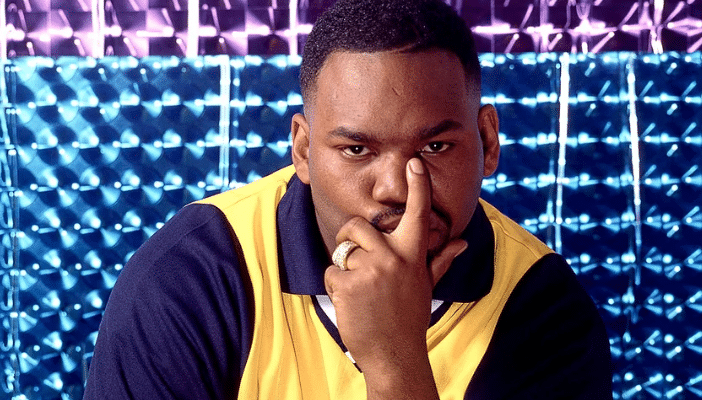 Corey Woods, aka Raekwon The Chef, serves up lyrical feasts. His flavorful metaphors and raw narratives are like a hearty meal that leaves you waiting for the next serving.
Corey Woods, aka Raekwon The Chef, serves up lyrical feasts. His flavorful metaphors and raw narratives are like a hearty meal that leaves you waiting for the next serving.
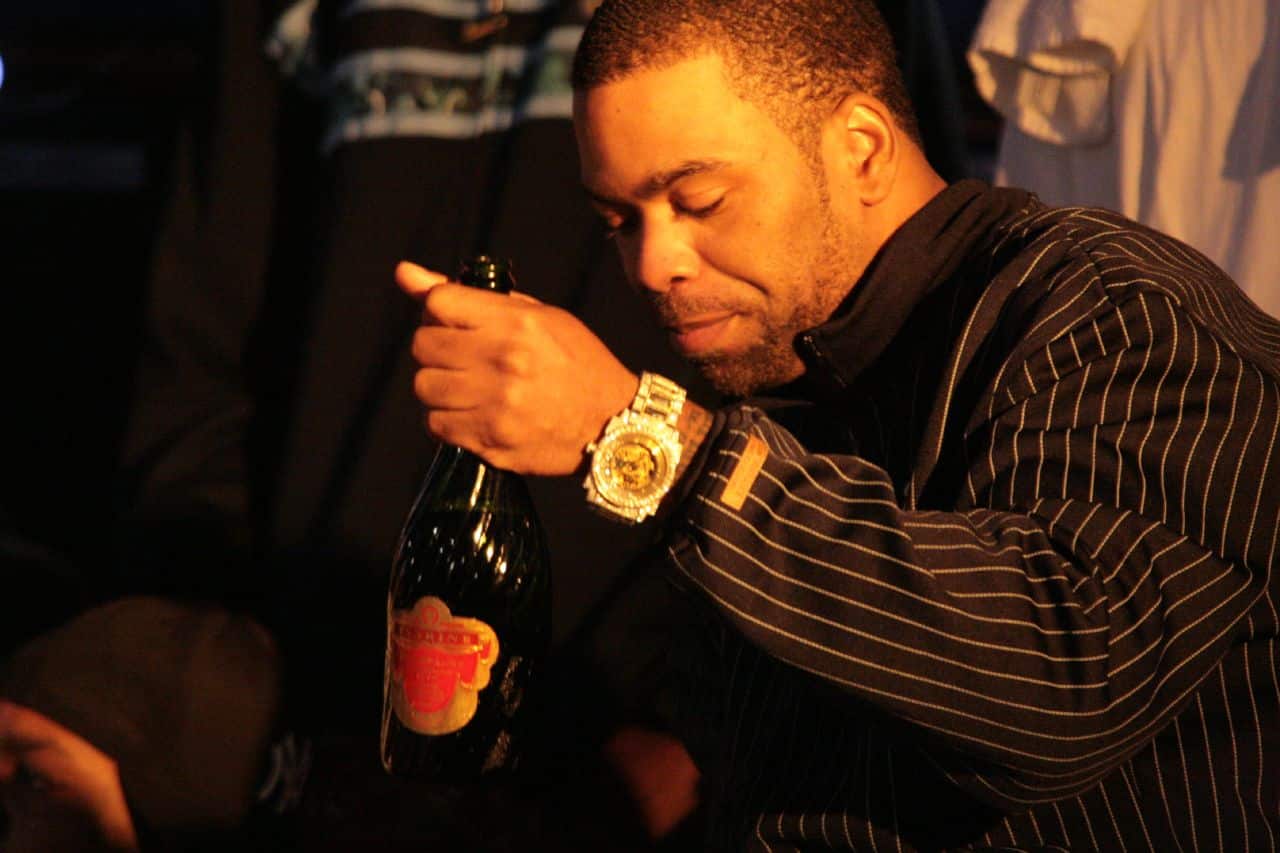 Clifford Smith Jr., or Method Man, has a smooth delivery and a charismatic aura. He’s not just a rapper; he’s an actor, showcasing a dynamic that’s as engaging as his verses.
Clifford Smith Jr., or Method Man, has a smooth delivery and a charismatic aura. He’s not just a rapper; he’s an actor, showcasing a dynamic that’s as engaging as his verses.
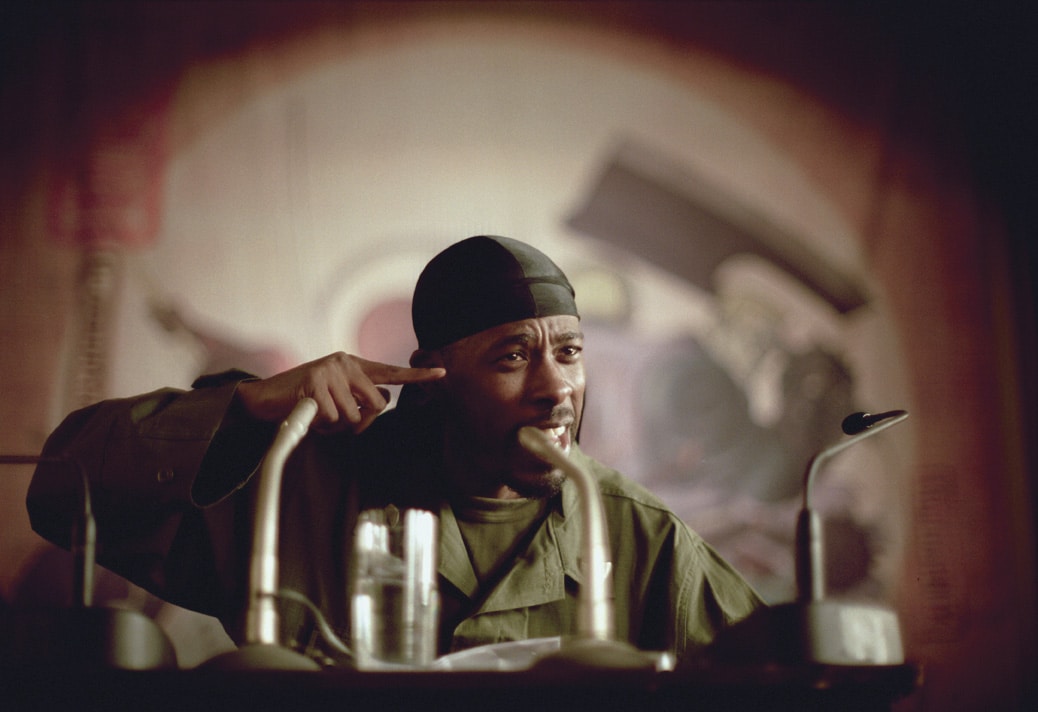 Gary Eldridge Grice, known as GZA or The Genius, is the thinker of the group. His lyricism goes deep, inviting you on a journey of reflection and exploration.
Gary Eldridge Grice, known as GZA or The Genius, is the thinker of the group. His lyricism goes deep, inviting you on a journey of reflection and exploration.
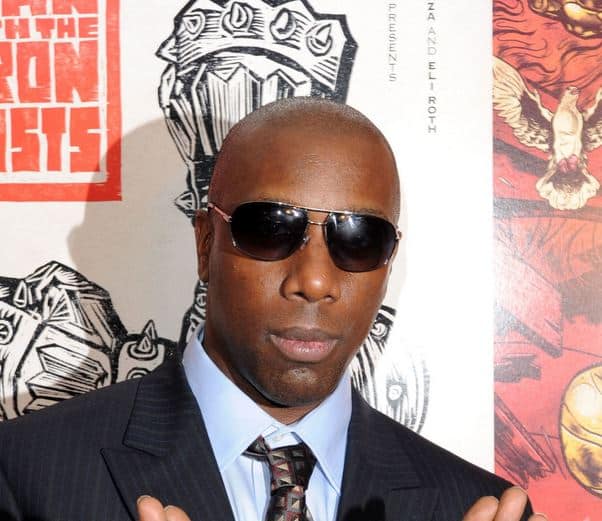 Inspectah Deck, whose real name is Jason Richard Hunter, crafts intricate verses that make you think. He’s the guy who brings a touch of sophistication to the raw energy of Wu-Tang’s sound.
Inspectah Deck, whose real name is Jason Richard Hunter, crafts intricate verses that make you think. He’s the guy who brings a touch of sophistication to the raw energy of Wu-Tang’s sound.
 Lamont Jody Hawkins, or U-God, is known for his deep voice that adds a unique resonance to the group’s sound. His rhythmic verses are like a heartbeat to the body of Wu-Tang’s music.
Lamont Jody Hawkins, or U-God, is known for his deep voice that adds a unique resonance to the group’s sound. His rhythmic verses are like a heartbeat to the body of Wu-Tang’s music.
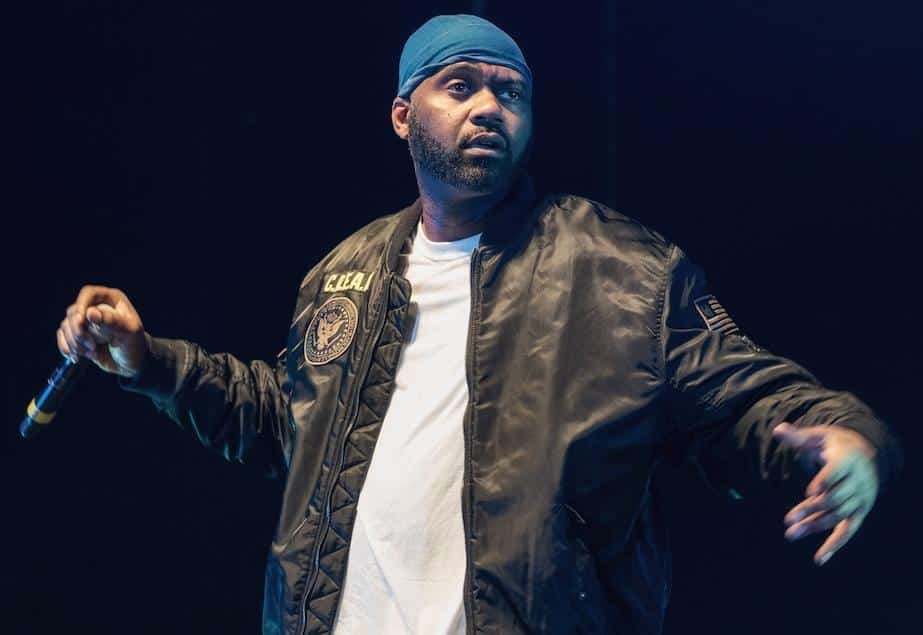 Masta Killa, born Jamel Irief, might not be as well-known, but he’s been a quiet force in some of Wu-Tang’s biggest hits.
Masta Killa, born Jamel Irief, might not be as well-known, but he’s been a quiet force in some of Wu-Tang’s biggest hits.
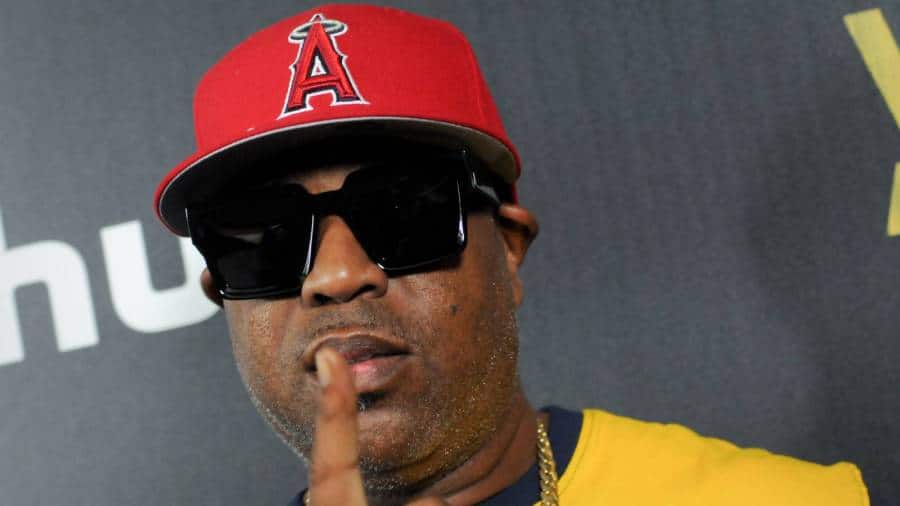 Last but not least, there’s Darryl Hill, better known as Cappadonna. He brought a fresh, dynamic flair to the group, adding a unique layer to Wu-Tang’s complex narrative.
Last but not least, there’s Darryl Hill, better known as Cappadonna. He brought a fresh, dynamic flair to the group, adding a unique layer to Wu-Tang’s complex narrative.
The narrative of Wu-Tang Clan is a blend of individual tales coming together to form a compelling story that’s as diverse and dynamic as their music. Each member brought a unique style and a distinctive flavor to the table, creating a pure Wu-Tang fusion. They weren’t just a group; they were a phenomenon, a force that swept across the music scene, leaving an indelible mark.
Wu-Tang Clan isn’t just about the music. It’s a philosophy, a lifestyle. From the beginning, with their debut album “Enter the Wu-Tang (36 Chambers),” they introduced the world to a unique blend of Eastern martial arts mystique with gritty urban narratives. Their stage names were a part of this larger narrative, an extension of their personas that added to the Wu-Tang mystique.
The impact of the Wu-Tang Clan goes beyond the records and the accolades. They’ve influenced a generation of artists and created a thriving cult following. Their brand has become a symbol of authenticity and originality in a world where conforming to trends is the norm.
Several members of Wu-Tang Clan have ventured beyond music into acting, entrepreneurship, and social activism, further extending the Wu-Tang narrative into new realms. Method Man, for instance, has had a successful acting career, while RZA has made a name for himself as a filmmaker. Their journeys beyond music show that Wu-Tang Clan isn’t just a musical group but a collective of multi-talented individuals with a shared vision.
The Wu-Tang Clan’s legacy is a living, evolving entity. As the members continue to explore new avenues, release new music, and engage with their fans, the Wu-Tang narrative continues to grow. It’s not just about the past; it’s about the ongoing journey, the continuous evolution that keeps Wu-Tang Clan relevant and revered in the ever-changing world of music.